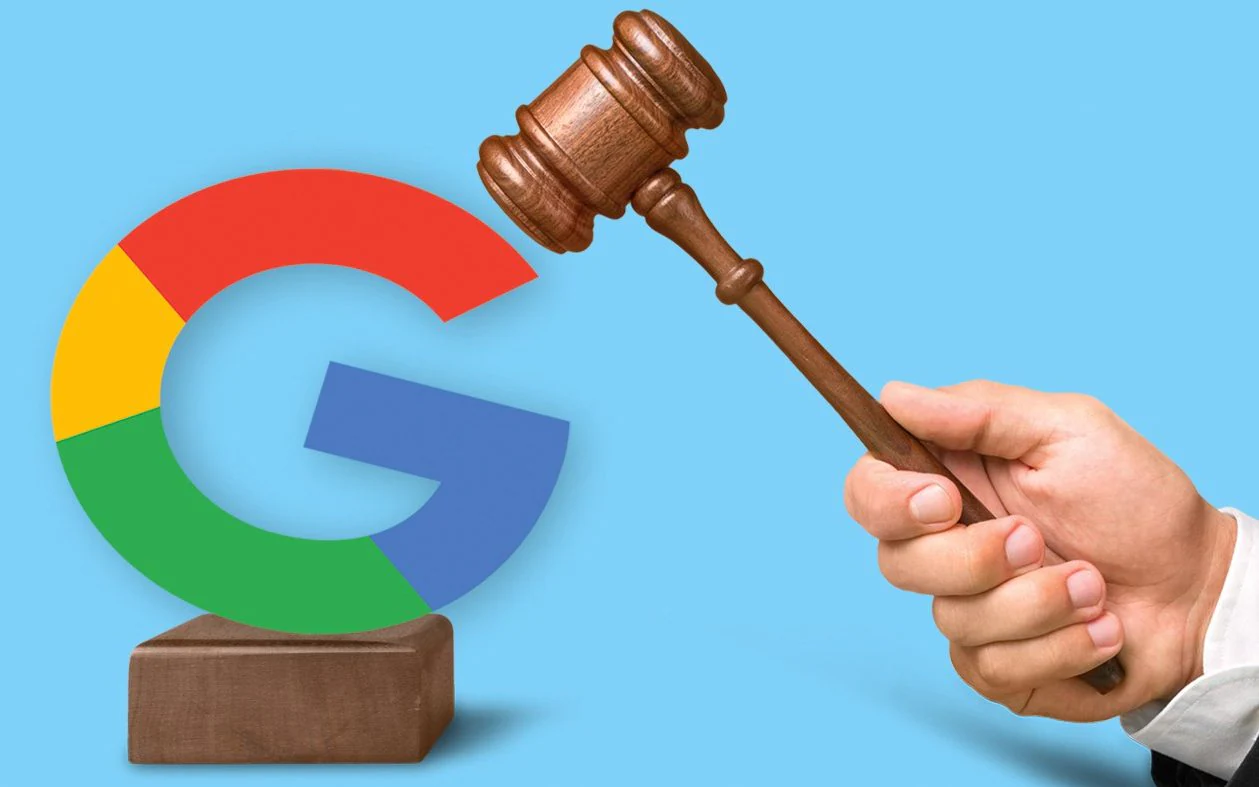In what is considered the most significant antitrust lawsuit in recent decades, Google stands accused of abusing its market dominance to stifle competition and innovation. The outcome of this trial could not only reshape Google’s business practices but also set a precedent for the regulation of Big Tech companies globally.
The Heart of the Case
The U.S. Department of Justice (DOJ) has charged Google with unlawful monopolization of the search engine market, arguing that Google’s contracts with major tech companies like Apple and Samsung to make Google the default search engine restrict competitors’ access to the market and, by extension, consumer choice. These agreements are said to harm the competitive landscape, locking out potential Google competitors who could otherwise offer different benefits, like enhanced privacy protections.
What’s at Stake?
The implications of the trial are profound. A ruling against Google could mandate the tech giant to alter significantly or even dismantle some of its business practices, potentially affecting its agreements across the technology ecosystem. This could open the door for more competition in the tech industry, possibly leading to innovations and changes in the digital advertising and search engine markets. Conversely, if the trial concludes in favor of Google, it might affirm the legality of current practices, potentially making it harder to challenge Big Tech firms under antitrust laws.
Judicial Deliberations
Presided over by U.S. District Judge Amit Mehta, the case unfolds in a non-jury trial that involves complex deliberations on whether Google’s actions have indeed stifled competition or whether its dominant market position is merely a result of offering a superior product. The intricacies of antitrust law come into play heavily here, as the court must decide how to balance alleged harms against the argued benefits of Google’s arrangements.
Broader Implications for Big Tech
This trial is pivotal not just for Google but for the entire tech industry. It sets a critical precedent for how U.S. courts might handle big tech monopolies going forward. Moreover, it could influence other ongoing and future legal challenges against Big Tech firms, which are increasingly under scrutiny for similar reasons.
Looking Forward
Beyond the immediate legal battles, the trial’s outcomes could significantly influence the landscape of digital markets and the future strategies of Big Tech companies. With AI and other advanced technologies on the rise, the control over massive data sets—like those held by Google—becomes increasingly valuable, further complicating the dynamics of competition and innovation in the tech industry.
As the trial progresses, all eyes will be on the potential ripple effects throughout the tech world and beyond. Whether this trial will curb Google’s market sway or reinforce its current business strategies will send waves across the global economy, impacting competitors, consumers, and future technological innovations alike.






























